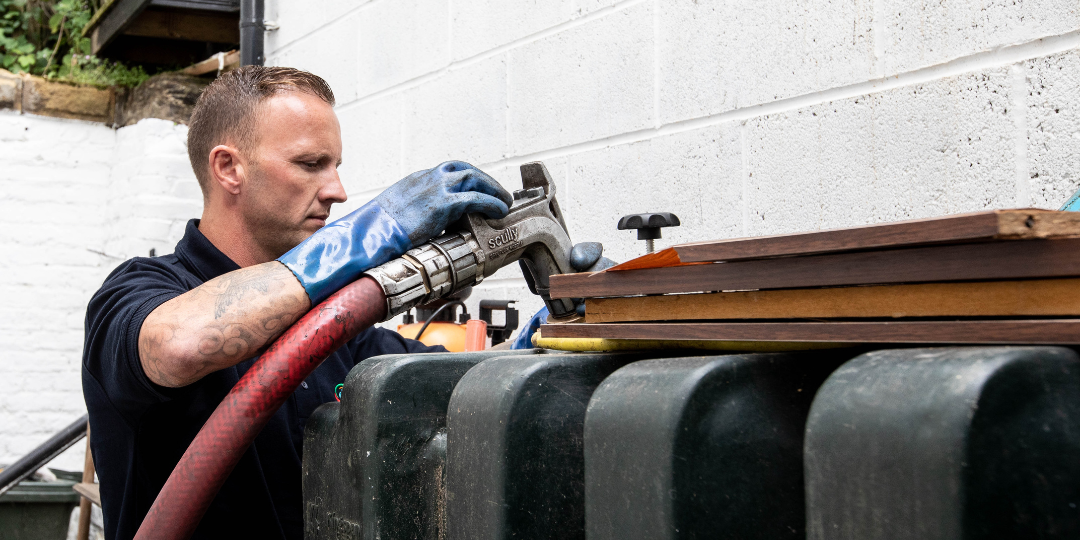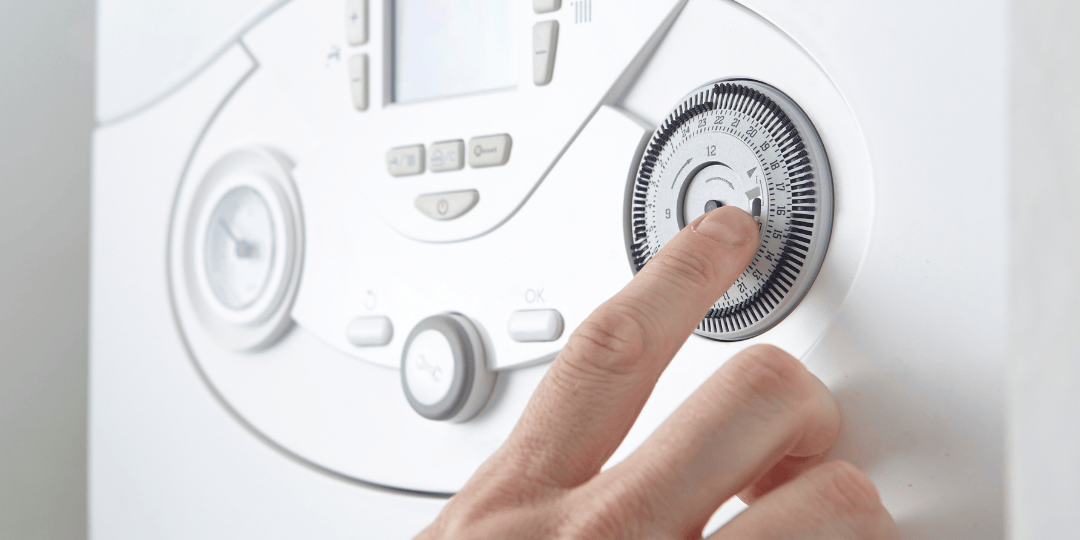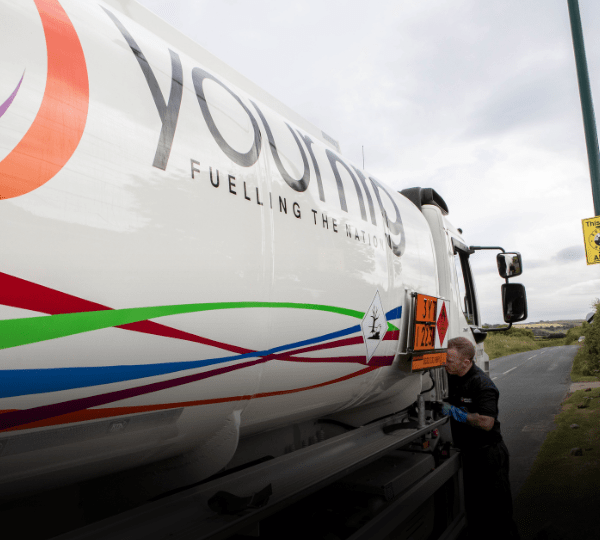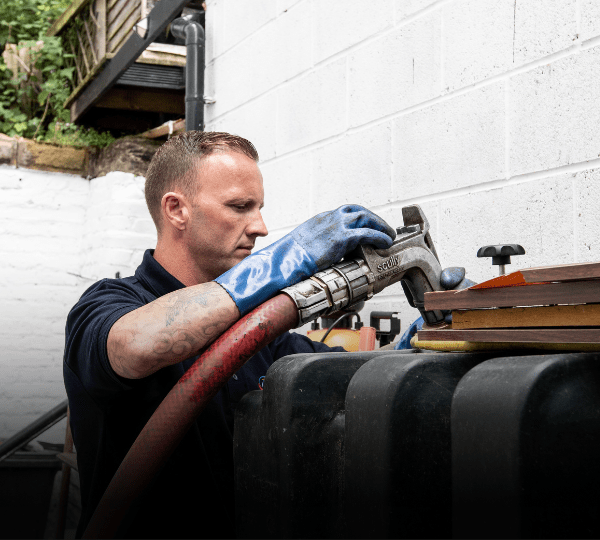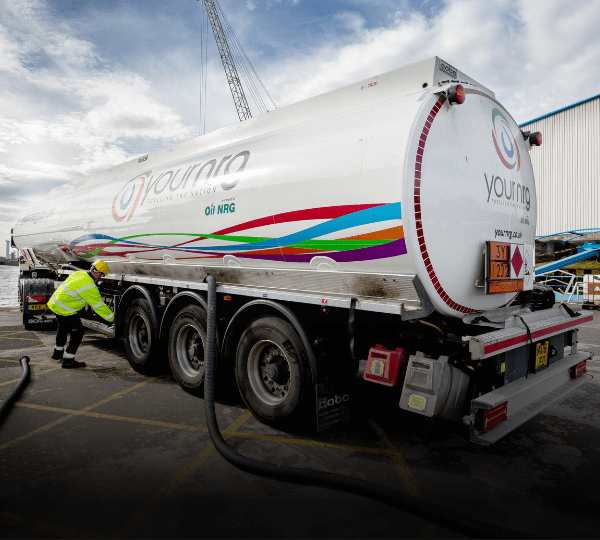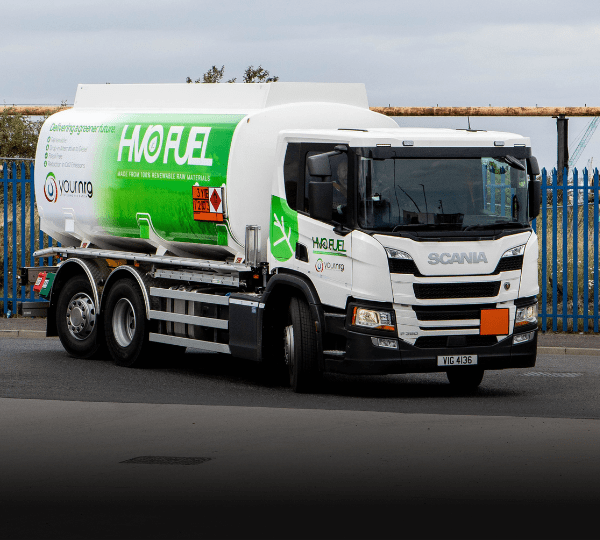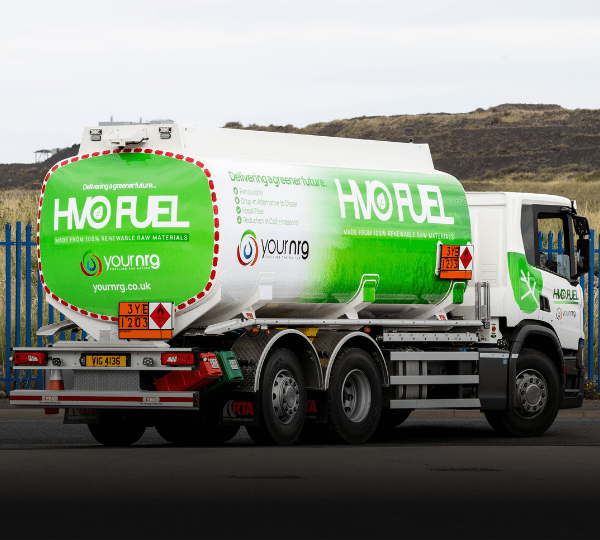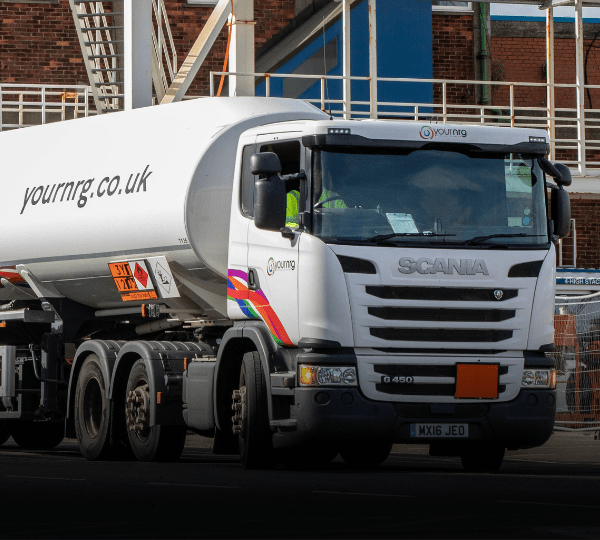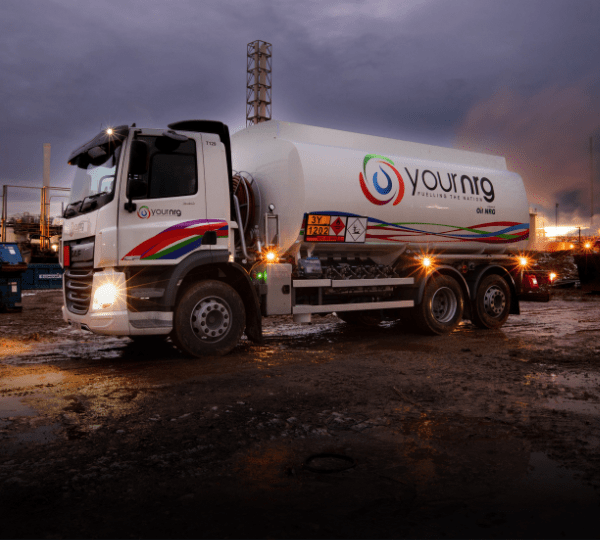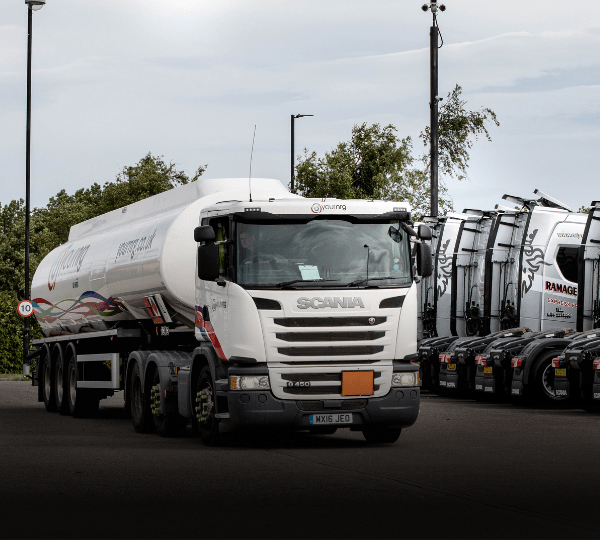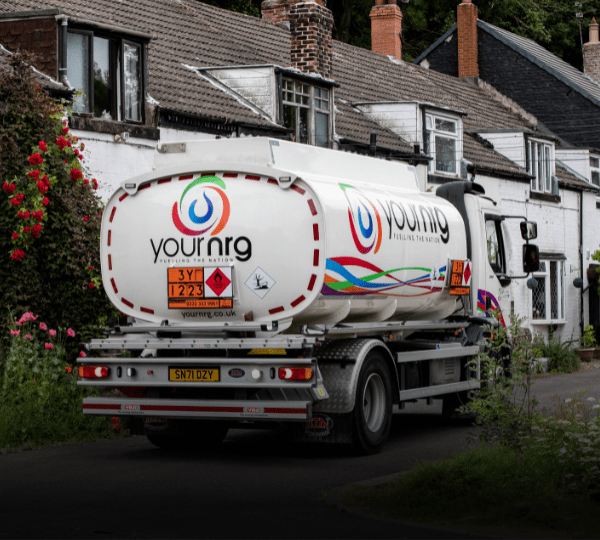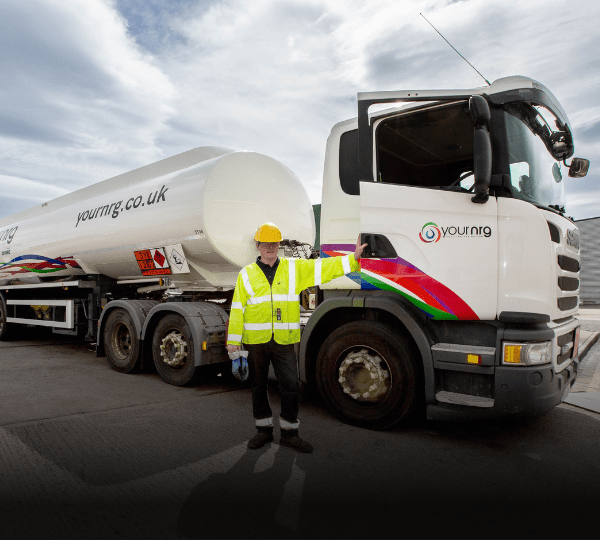Whether you’re a homeowner considering your energy options or curious about energy alternatives, it is crucial to separate fact from fiction.
From advancements in fuel composition to improvements in domestic heating oil systems, there’s more to heating oil than meets the eye. Keep reading to bust some myths and learn some facts that will help you make informed decisions about your home’s energy.
Key Takeaways
- Heating oil is unsafe
- All heating oil tanks are the same size
- You will only run out of domestic heating oil during the winter months
- Tank monitors are ineffective and a waste of money
- Heating oil is bad for the environment
- Most heating oil suppliers have hidden fees
- Heating oil tanks are prone to leaks and spills
- Heating oil has an unpleasant smell
- Heating oil is inefficient
- Quick facts about heating oil
Heating oil is unsafe:
A common misconception about heating oil is that it is dangerous. However, when stored correctly, kerosene heating oil is completely safe. Not only this but modern tanks and handling procedures also help to ensure safety, minimising the risk of leaks or spills.
All heating oil tanks are the same size:
The size of your heating oil tank is tailored to your specific needs, taking into account several factors such as the size of your property, your heating oil usage, and the amount of space you have available for your storage tank installation. Therefore, different homeowners will have different-sized tanks based on these considerations.
You will only run out of domestic heating oil during the winter months:
People run out of domestic home heating oil throughout the year, not just in the winter! This is because some people use domestic kerosene to power their homes, not just heat them. That’s why it’s always a good idea to top up your tank whenever you can.
Tank monitors are ineffective and a waste of money:
Our remote tank monitoring system is a fantastic way to monitor your tank levels with ease. When your tank levels reach 30% or below, our tank monitor will notify you, so you’ll never be taken by surprise by an empty tank! Furthermore, due to ordering in advance of running out of heating oil, you can avoid costly premium delivery fees, helping you save money in the long run.
Heating oil is bad for the environment:
Domestic kerosene is cleaner than other traditional fossil fuels, helping you reduce your carbon footprint. Additionally, using kerosene additives also helps to ensure a cleaner burn by improving the combustion efficiency of your heating system, reducing carbon, soot, and particulate matter buildup, as well as reducing maintenance needs, and more!
Most heating oil suppliers have hidden fees:
Unlike other liquid fuel distributors, we don’t have any hidden fees. When ordering with Your NRG, the price you see is the price you’ll pay. Don’t believe us? Get a quote and order with us today!
Heating oil tanks are prone to leaks and spills:
Modern tanks are designed with multiple safeguards in place to prevent leaks and spills. Not only this but regular inspections and proper tank maintenance help to reduce the risk of heating oil spills or leaks.
Heating oil has an unpleasant smell:
Despite its smell as a raw fuel, when kerosene is used in properly functioning heating oil systems, it should not produce noticeable odors. If you can smell something when your heating system is being used, turn it off immediately. The presence of a smell, even a slight one, indicates the necessity of maintenance and can be unpleasant.
Heating oil is inefficient:
Home heating oil often outperforms other energy and heating sources in terms of BTUs (British thermal units) produced per gallon, making kerosene an energy-dense fuel. Due to domestic kerosene’s high energy density, off-grid homeowners can efficiently heat their households using less fuel than other energy sources. This means that you can enjoy comfortable warmth without eating into your fuel supply.
Quick facts about heating oil:
- Over 1.5 million homes in the UK rely on heating oil for warmth and power, which translates to roughly 6 million people using domestic heating oil.
- In the UK, home heating oil has several names, such as fuel oil, gas oil, kerosene, and paraffin.
- It is recommended to have your central heating boiler and system serviced annually by an OFTEC-registered engineer.
- The price of heating oil is based on a live market, meaning prices can fluctuate instantaneously and are affected by factors such as demand.
- The average UK household usage of domestic home heating oil is 1,700 litres per year, although this can vary based on property sizes, insulation, the number of occupants, etc.
- Domestic home heating oil is often cheaper than natural gas.
- The average lifespan of an oil storage tank is 15 years.
As we’ve explored, many of the common myths surrounding domestic kerosene heating oil are nothing more than fictional. Nevertheless, homeowners must be able to differentiate between the truth and falsehoods so they can make informed decisions. By dispelling myths, we hope to provide you with a clearer and more accurate understanding of what domestic heating oil offers in today’s energy and utilities landscape.
Are you looking to refill your tank? Get a competitive quote today.
